Sometimes our best intentions have unexpected consequences…
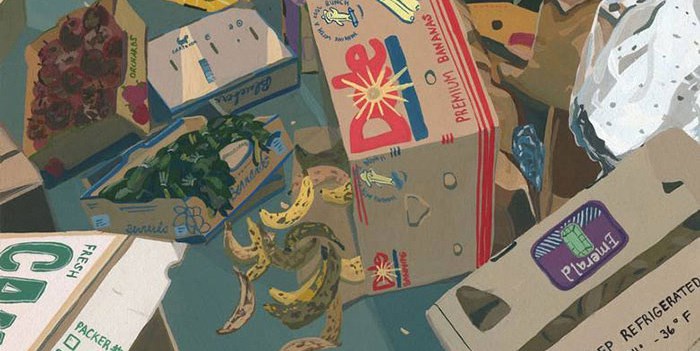 Over the past two years, it was reported that the Greater Vancouver Food Bank (GVFB) was spending upwards of $40,000 a year sorting through unwanted and unusable donations. While the intended goodwill of each donation was appreciated, the resulting financial burden hit the GVFB hard. This has been particularly concerning given that Canada is relying on food banks more than ever. In the past nine years, food bank usage across the country has risen 28%.
Over the past two years, it was reported that the Greater Vancouver Food Bank (GVFB) was spending upwards of $40,000 a year sorting through unwanted and unusable donations. While the intended goodwill of each donation was appreciated, the resulting financial burden hit the GVFB hard. This has been particularly concerning given that Canada is relying on food banks more than ever. In the past nine years, food bank usage across the country has risen 28%.
So this year, let’s support the Greater Vancouver Food Bank, by doing it right. Here are 5 food items that you shouldn’t donate, and advice for what you can do instead:
1. Expired Food
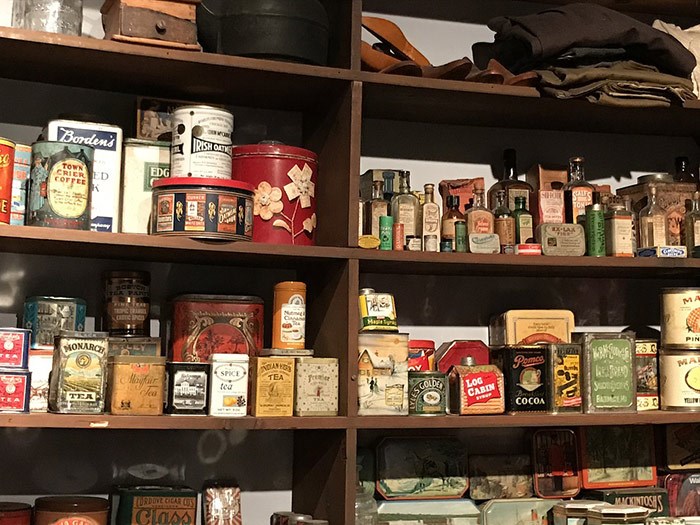 This should be a no brainer, but it happens! Expired items have to be sorted and thrown away, which uses up valuable volunteer hours. Just be sure to check labels for expiry dates before donating.
This should be a no brainer, but it happens! Expired items have to be sorted and thrown away, which uses up valuable volunteer hours. Just be sure to check labels for expiry dates before donating.
2. Anything Low in Nutritional Value
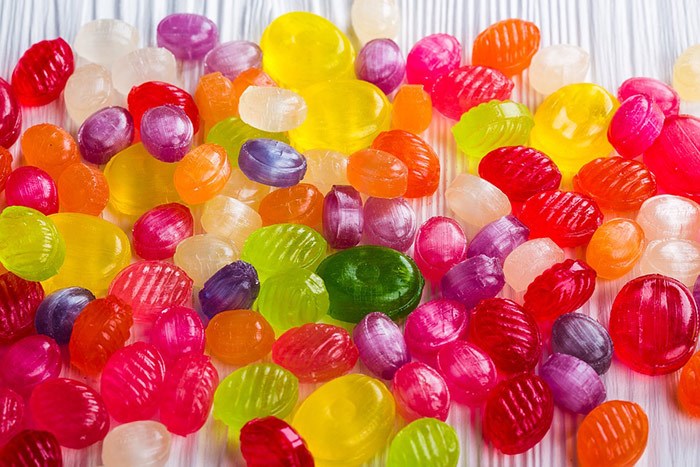 If it’s non-perishable, unopened and fresh, the GVFB will accept it, but they’re in much greater need of high quality, nutritious foods, rather than candy and sweets. If you’re able, consider donating canned fish, meats or beans, nut butters, canned vegetables, pasta sauces, whole grain cereals and grains, hearty soups and canned fruit.
If it’s non-perishable, unopened and fresh, the GVFB will accept it, but they’re in much greater need of high quality, nutritious foods, rather than candy and sweets. If you’re able, consider donating canned fish, meats or beans, nut butters, canned vegetables, pasta sauces, whole grain cereals and grains, hearty soups and canned fruit.
3. Homemade items
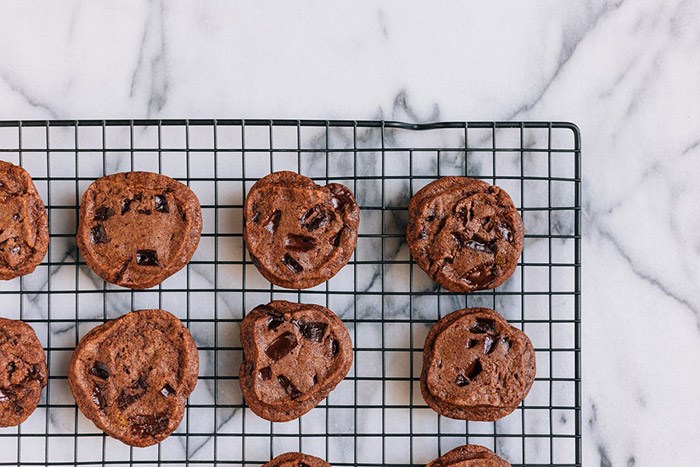 While the extra effort of baking is greatly appreciated, the GVFB can’t distribute anything homemade. All foods need to be packaged and non-perishable.
While the extra effort of baking is greatly appreciated, the GVFB can’t distribute anything homemade. All foods need to be packaged and non-perishable.
4. Open Packages of Food
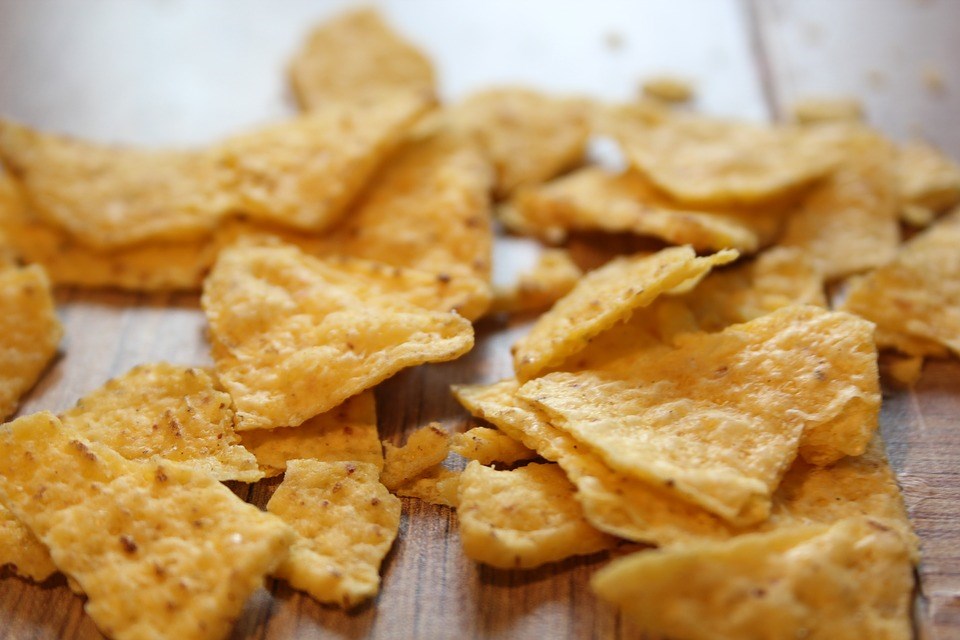 Started a box or artisanal crackers but never got around to finishing it? We’d all prefer not to waste food, but those belong in the compost, not the Food Bank donation bin. Please remember that all donated food items need to be unopened.
Started a box or artisanal crackers but never got around to finishing it? We’d all prefer not to waste food, but those belong in the compost, not the Food Bank donation bin. Please remember that all donated food items need to be unopened.
5. Food Products Containing Alcohol
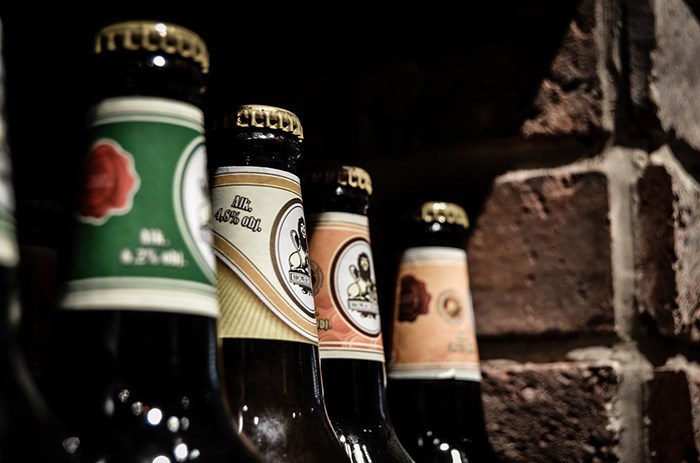 Hard liquor, beer and wine is a big no-no, but so are food products that contain alcohol. While it’s not common, check labels for alcohol content in packaged foods.
Hard liquor, beer and wine is a big no-no, but so are food products that contain alcohol. While it’s not common, check labels for alcohol content in packaged foods.
If you really want to help your local food bank, consider buying yourself a sandwich…
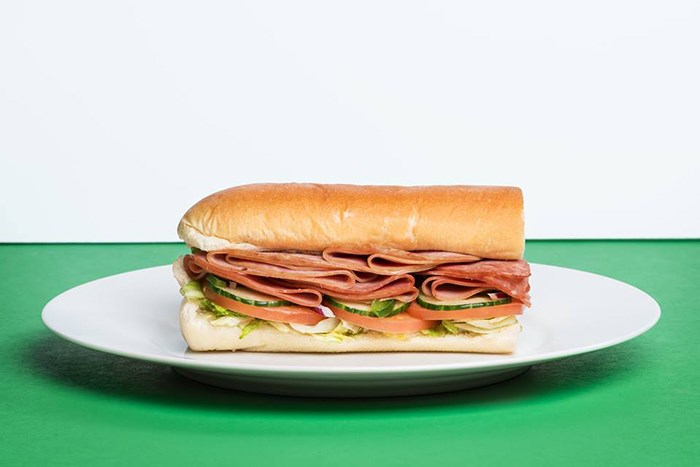 On World Sandwich Day on November 3rd, Subway was able to donate 1,000,000 meals to Canadians in need! Subway will continue to collect donations on behalf of food banks throughout BC for the rest of the month.
On World Sandwich Day on November 3rd, Subway was able to donate 1,000,000 meals to Canadians in need! Subway will continue to collect donations on behalf of food banks throughout BC for the rest of the month.
The Greater Vancouver Food Bank alone feeds up to 26,500 people per week, of which 20% are children and 19% are senior citizens. No one is immune to money issues, so it’s crucial that we show our continued support to food banks in all our communities. 80,000 people visit food banks for the first time each year, and last year, the GVFB’s food supply reached an all-time low. In 2017, Food Banks need our help more than ever.
 Fortunately, every dollar donated enables Food Banks BC to purchase approximately $3 worth of food for those in need. Funds collected in Subway restaurants are kept in the communities they are collected in, so your donation will be distributed to the food bank closest to that restaurant.
Fortunately, every dollar donated enables Food Banks BC to purchase approximately $3 worth of food for those in need. Funds collected in Subway restaurants are kept in the communities they are collected in, so your donation will be distributed to the food bank closest to that restaurant.
Satisfy your hunger while also helping the estimated 850,000 Canadians who rely on food banks on a monthly basis. This November, celebrate World Sandwich Day and giving back by making a donation at Subway.


